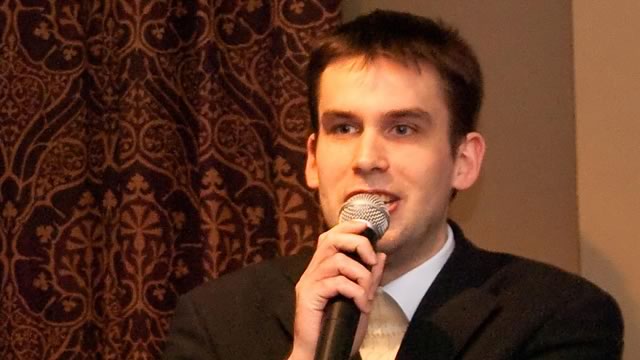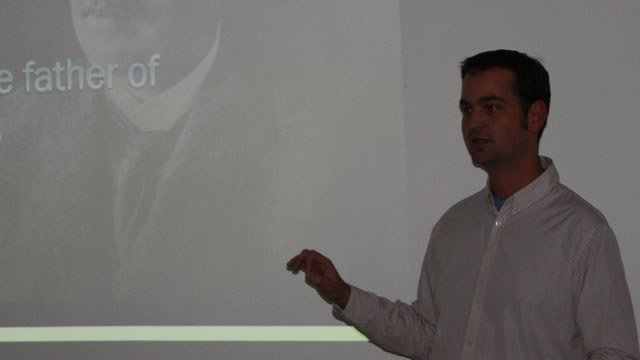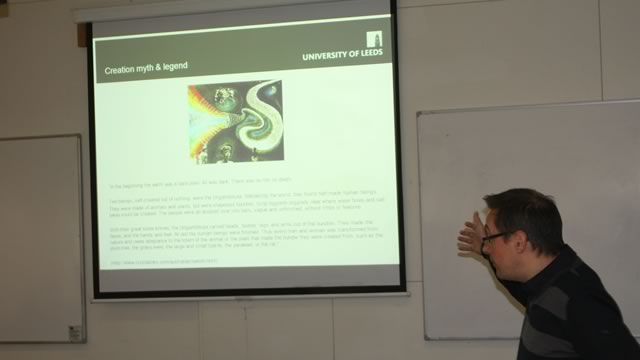About
At the Chris Worfolk Foundation, we're passionate about education. We believe that it is a powerful tool for improving the quality of peoples lives, overcoming poverty, breaking down hostility and creating a more integrated, cohesive and forward thinking society.
Building on our range of courses and educational events and conferences, in 2010 we began filming academic lectures and events with a view to making them available to everyone, not just those who were lucky enough to be able to attend. In July 2011, we realised this dream, launching the Worfolk Lectures website.
For more information about us, and for contact details of our organisation, please see the Chris Worfolk Foundation website.
Ratings explained
Each video contains a rating for its audio and video. This tells you if there are any quality issues and these ratings are explained below.
| Rating | Description |
|---|---|
 |
Some serious issues. We don't post any content that is unwatchable of course, but some lectures have significant background noise or video distruption, so may not be ideal for streaming to a public audience for example. |
 |
Minor problems. There may be some background noise, or the lighting isn't great, but nothing to get too worried about. Still suitable for public viewing, but you may want to turn it up a little bit. |
 |
No issues. We believe this lecture contains great audio and video. |
The Worfolk Lecture
In 2010, we created fund to sponsor an annual public understanding of science lecture, known as the Worfolk Lecture. The first event of the series took place in November 2010.
-

You Know Less Than You Think
Every day we all make perceptions of people and the world around us. But perception is a two-way process and most people don't stop to think about the biases inherent in their own perception. What are these cognitive biases and how much can they affect our judgement?
-

From Rutherford to the LHC
This year we celebrate the centenary of Rutherford's "discovery" of the tiny atomic nucleus at the centre of the atom. Why are scientists are still studying this topic a hundred years on? Professor David Jenkins from the University of York will explore the properties of the atomic nucleus and explain the origin of the chemical elements which make up our physical world.
-

Origins of Life on Earth
Dr Terrence Kee discusses the possibility that life could have first traveled to Earth on an asteroid.
